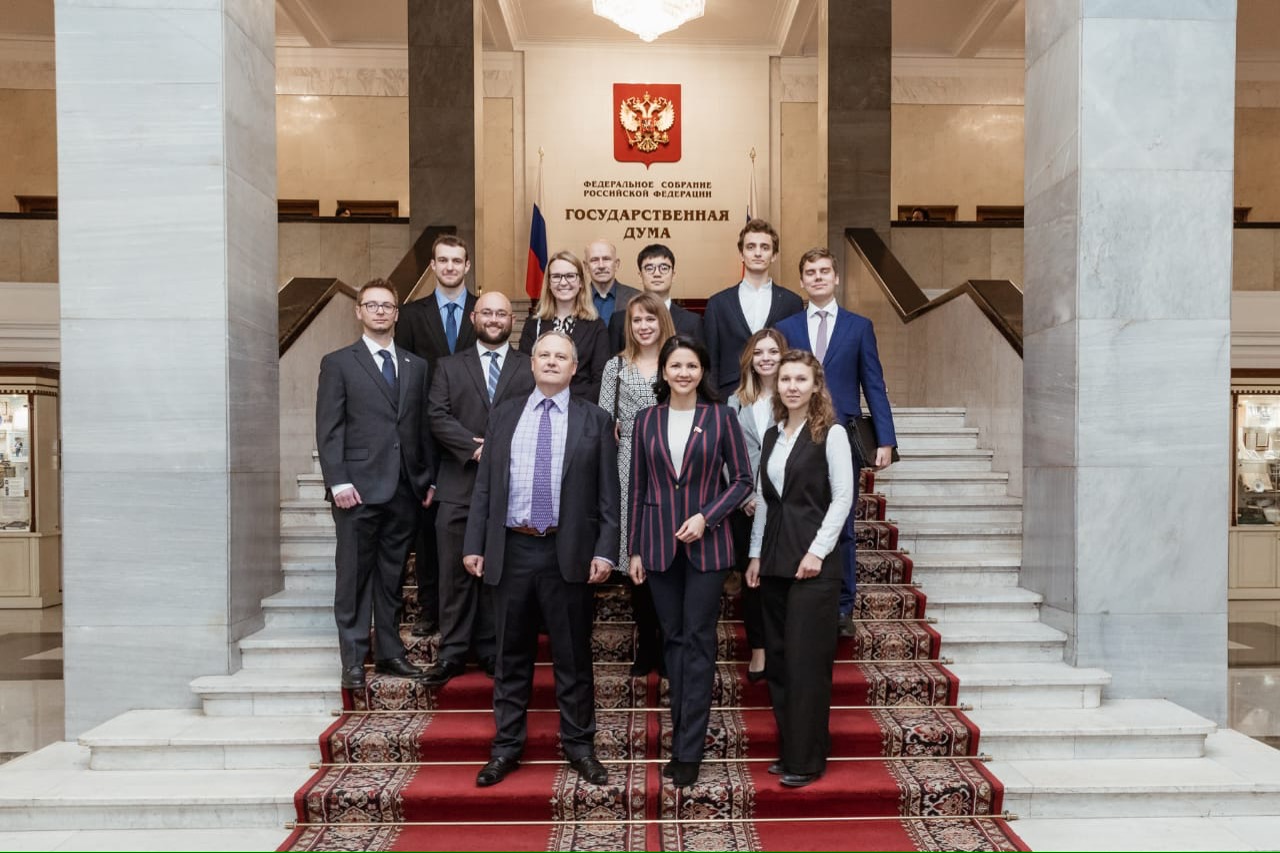June 10, 2021
William Potter, Jeffrey Knopf, Jeffrey Lewis, George Moore, Philipp Bleek, Ferenc Dalnoki-Veress, Edward J. Lawrence, and Nikolai Sokol
The following was originally published at the PIR Center.
«Strategic stability in Russian-American relations… What to expect from Iran’s missile program… What are the chances that the DPRK will abandon nuclear weapons… How to 3D-print a drone and what this means for the arms control regime… Does nuclear energy have a future in the Middle East … These are just some of the topics we were discussing for the last two evenings and into the night, connecting Moscow, California, New York, Yekaterinburg, Seoul … “Discuss” is the exact word. But, strictly speaking, it was students from different countries who reported to the members of the State Examination Commission headed by General of the Army Vyacheslav Trubnikov. And MGIMO University, PIR Center and Middlebury Institute of International Studies “connected the wires”. Students are now masters. The Dual Degree M.A. Program Global Security, Nuclear Policy, and WMD Nonproliferation has taken a new qualitative step forward. And has confirmed that this master’s program is not just “international”, not just “unique”, but also with a stable quality mark», ‒ Vladimir Orlov, PIR Center Director, MGIMO Professor and Academic Advisor of the Dual Degree M.A. Program Global Security, Nuclear Policy, and WMD Nonproliferation.

On June 1 and 2, the master’s theses defense of the 4th cohort students of the Dual Degree M.A. Program Global Security, Nuclear Policy, and WMD Nonproliferation took place. This program is developed jointly by the PIR Center, MGIMO, and the Middlebury Institute of International Studies at Monterey (MIIS, USA).
Students of the program from Russia, the United States and South Korea presented their final papers as the result of their studies on the program in 2019-2021. The defense of theses took place in the Zoom format.
Continue reading at the PIR Center.
